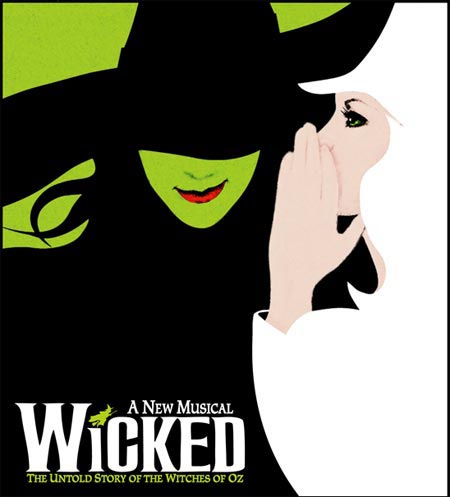Defying Judgement

September 18, 2017
“Wicked,” a musical written to provide an interesting backstory to the classic “Wizard of Oz” is one of the longest running Broadway shows of all time. The musical focuses on the early life of the Wicked Witch of the West, and provides some explanation as to how she received the notorious title. By the end of the show, the audience is left examining what they had previously thought about the Wicked Witch, and pondering the lessons presented throughout. The central themes found in Wicked are extremely prominent in society today, with a strong focus on promoting acceptance and embracing differences.
Throughout the musical, the message of not judging people solely based on appearances is heavily emphasized. Elphaba, the character pegged as the “Wicked Witch,” was not like the rest of her peers because she was green. When entering her new school, people judged her solely on the color of her skin without even getting to know her. In our society today, these prejudgments are extremely prevalent, especially when it comes to skin color. “Wicked” focuses on the messages of tolerance and acceptance by showing the evolution of a relationship between two people, Glinda and Elphaba, with different physical appearances.
In the beginning, Glinda, the “Good Witch of the North,” made Elphaba feel inferior due to the color of her skin, essentially rejecting her friendship before even meeting her. As the musical continues, Glinda and Elphaba begin to grow closer, and by the end, they are best friends. This forming of friendship shows that by accepting and embracing someone else’s differences, someone could end up finding a best friend.
In high school especially, these judgments can be used to define social status, or make someone subjected to extreme bullying. Greyson Riley, a junior at Saint John Vianney High School, shares, “I used to be so focused on being popular that I did whatever I could, like joining football, even though my true passion is acting.” He continued in saying that after watching “Wicked,” he came to regret not embracing his passion earlier on just because he was afraid of judgement or scrutiny from his peers. There are many teenagers who share the same feelings, and conform to society rather than doing what they enjoy. The idea of conformity was touched on in “Wicked” when Elphaba went against the “popular” opinion and chose to support talking animals. Although most others were against her beliefs, she made it her mission to protect the animals.
Wicked is not only a musical for high school students, but for everyone. It’s themes and lessons are applicable to all people, regardless of age, gender, or race. The musical plays an important role in highlighting pressing issues in society, and calls the audience to better themselves and the lives of others.





